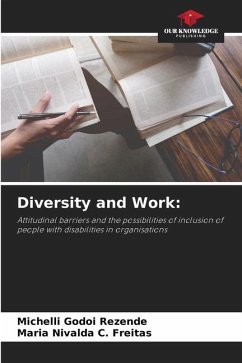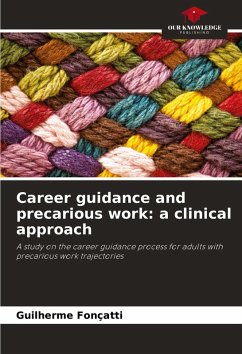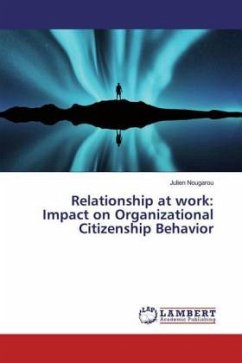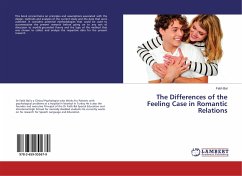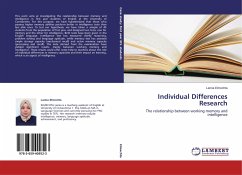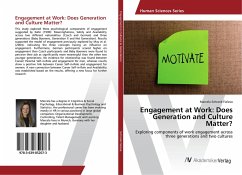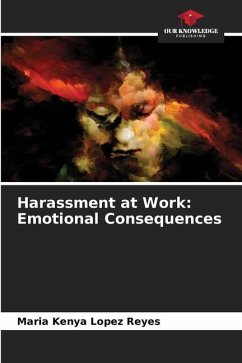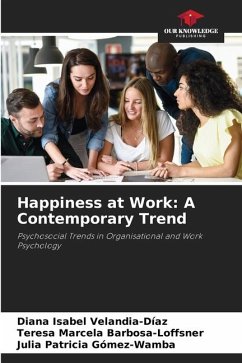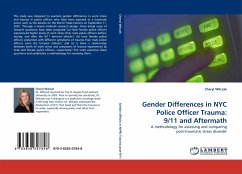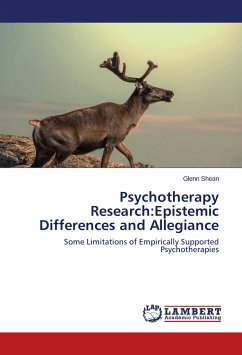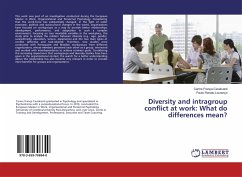
Diversity and intragroup conflict at work: What do differences mean?
Versandkostenfrei!
Versandfertig in 6-10 Tagen
16,99 €
inkl. MwSt.

PAYBACK Punkte
8 °P sammeln!
This work was part of an investigation conducted during the European Master in Work, Organizational and Personnel Psychology. Considering that the work-force has substantially changed, in the light of wider economic, political and sociocultural changes in the world, organizations have focused on workgroups as a way to provide better relationships, development, performance, and adaptation in such a complex environment. Focusing on two inevitable variables in the workplace, this study aims to analyse the relation between diversity (e.g., age, gender, race/ethnicity, education, tenure, experience...
This work was part of an investigation conducted during the European Master in Work, Organizational and Personnel Psychology. Considering that the work-force has substantially changed, in the light of wider economic, political and sociocultural changes in the world, organizations have focused on workgroups as a way to provide better relationships, development, performance, and adaptation in such a complex environment. Focusing on two inevitable variables in the workplace, this study aims to analyse the relation between diversity (e.g., age, gender, race/ethnicity, education, tenure, experience) and the two main types of conflict (affective and task-related). Therefore, two studies were conducted with Portuguese and Brazilian workgroups from different organizations, whose members perceived each other as a group, interacted and worked with interdependence to achieve common goals. Considering the increasing importance that workgroups and diversity studies have been given in the organizational context, the search for a better understanding about this relationship has also become very relevant in order to provide more benefits for groups and organizations.



